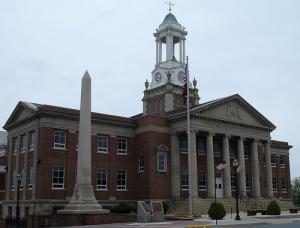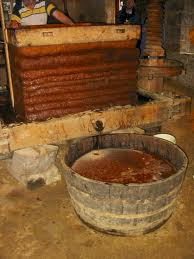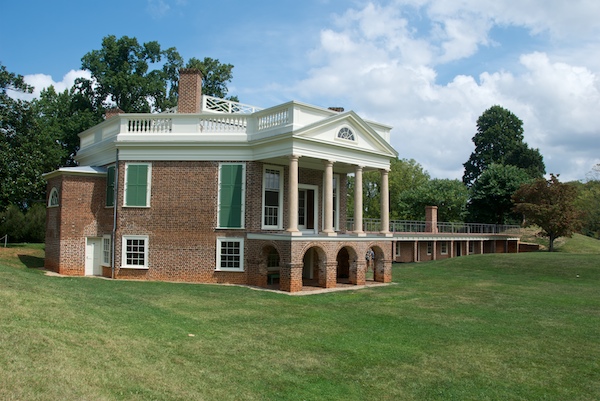Names of Families in Bedford County Genealogy Records, Wills, Estates, Marriages
Fox Hunting and Gambling

Tax Digests
- Bedford County Tax Digests of 1782, 1784 to 1816
Digital Images of Wills 1763 to 1787
Testators: Allen, Reynolds | Allen, Robert | Allford, Silvator | Banister, William | Bates, John | Beard, Adam | Beard, Elizabeth | Beard, John | Birdwell, George | Board, John Sr. | Bodiker, William | Bowyer, Frederick | Bramlett, William | Brander, John | Brown, John | Bryan, William | Buford, Thomas | Burgess, William| Bush, John | Callaway, George | Campbell, William | Candler, Daniel | Cantrell, Sarah | Carson, John | Cook, Andris | Credell, Humphrey | Dalton, Timothy| Dixon, Thomas| Dooly, Thomas| Downing, John | Early, Jeremiah | Eger, George | English, Stephen | Ewing, Charles | Ewing, Robert | Ferguson, John | Fuqua, Ralph | Gaddey, George | Gibson, James | Gilbert, Samuel | Goad, John | Goode, John | Gouldman, Edward | Gower, Standly | Gray, John | Green, John | Greer, Joseph | Hailes, Francis | Hail, Richard | Hamilton, Thomas | Hancock, George | Hardwick, Robert | Hatcher, Edward | Hayth, William | Haynes, William | Hoard, William | Hollogain, John | Huddleston, Abraham | Hunter, Alexander | Irvine, Christopher | Irvine, William | Itheny, Thomas | Johnson, Benjamin | Jones, Michael | Jones, William | Kennedy, John | Lawson, Jonas | Lainhart, John Christopher | Linn, Adam| Loving, William | Martin, Robert | McCormack, William | Milam, Benjamin | Milam, Thomas| Miller, Simon | Mitchell, Daniel | Moon, Jacob Jr. | Moorman, Silas | Moreman, Thomas | Morgan, Thomas | Morris, Daniel | Murphy, Thomas | McMurtree, James | Pate, Edward | Pate, John | Phelps, John | Pollard, Francis | Prather, Jonathan | Rawlins, Benjamin | Ray, Joseph | Redd, John | Rentfroe, Joseph | Roberts, David | Roberts, Thomas | Robinson, James | Roland, Henry | Rust, George | Shaw, John | Smelser, Paulser | Smith, Bowker | Smith, Guy | Snow, Thomas | Steward, James | Stemon, Martin | Stump, John| Tanner, Nathaniel | Taylor, Henry | Thompson, William | Trigg, William | Turner, Richard | Wade, Jeremiah | Walker, Robert | Watkins, Thomas | Welch, Nicholas | Willson, John | Wilson, Mathew | Womack, Jesse | Worley, William | Worlly, Francis | Wright, Thomas |Young, James
Digital Images of Wills 1788 to 1803
Testators: Adams, John | Arthur, John | Ayres, James Sr.| Ballard, William | Banister, Isaac | Bobbett, Ivey | Boyd, William | Brickey, Janet | Brooke, Elizabeth | Brown, Daniel Sr. | Brown, Henry | Brown, James | Brown, Joseph | Bullen, Moses | Butler, William | Campbell, Moses | Canada, William | Cowan, Robert | Dabney, Cornelius | Daughterty, Hugh | Davies, Zachary | Eckhols, John | Embree, Moses | Franklin, Mary Ann | Fuqua, John | Gibson, WIlliam | Gilliam, Richard | Gray, Sarah | Hancock, Simon | Hatcher, Henry | Hatcher, Reuben | Hatley, Henry | Holt, John | Jackson, Jervis | Johnson, Timothy | Krantz, Michael | Lambert, Charles | Leftwich, Augustin | Luhle, Michael | Mayberry, Frederick | Mayse, James |Meador, Hambrus | Mitchell, Robert | Moody, William | Mosley, Walter | North, Abraham | Overstreet, Thomas | Payne, John | Phelps, John | Preston, Thomas | Ramsey, Bartholomew | Read, William | Reynolds, Amos | Rosebrough, Robert | Routon, Richard | Scott, William | Slinker, Christopher | Stockton, William | Stone, Micajah | Thornhill, William | Trueman , William | Watson, Johnson | Watts, Edward | Williamson, John | Wood, Thomas.
Digital Images of Wills 1803 to 1811
Testators: Baber, William | Bruce, Richard | Callaway, James | Creesey, Thomas | Dolard, Reuben | Donald, Lucy Ann | Ewing, William | Gadde, Shearwood | Harkins, Francis | Hatcher, Jeremiah | Johnson, David | Keen, Michael | Keshmon, Martin | Meeks, Atkinson | Nelms, Presley | Preston, Mary | Scruggs, Thomas | Tate, Jesse | Wildman, William |Wright, John
Wills
- Wills (abstracts) 1763 to 1775
Cemeteries
- Cemeteries
Marriages
- Bedford County Marriage Bonds
Miscellaneous
- Gilbert, Samuel, LWT (1776) (digital image)
Traced genealogies and family histories of Bedford County available to Members !
| Anderson | Arnold | Arthur | Callaway |
| Clay | Early | Irvin | Irving |
| Leftwich | Lynch | Otey |
Colonists Manufactured the Necessities

